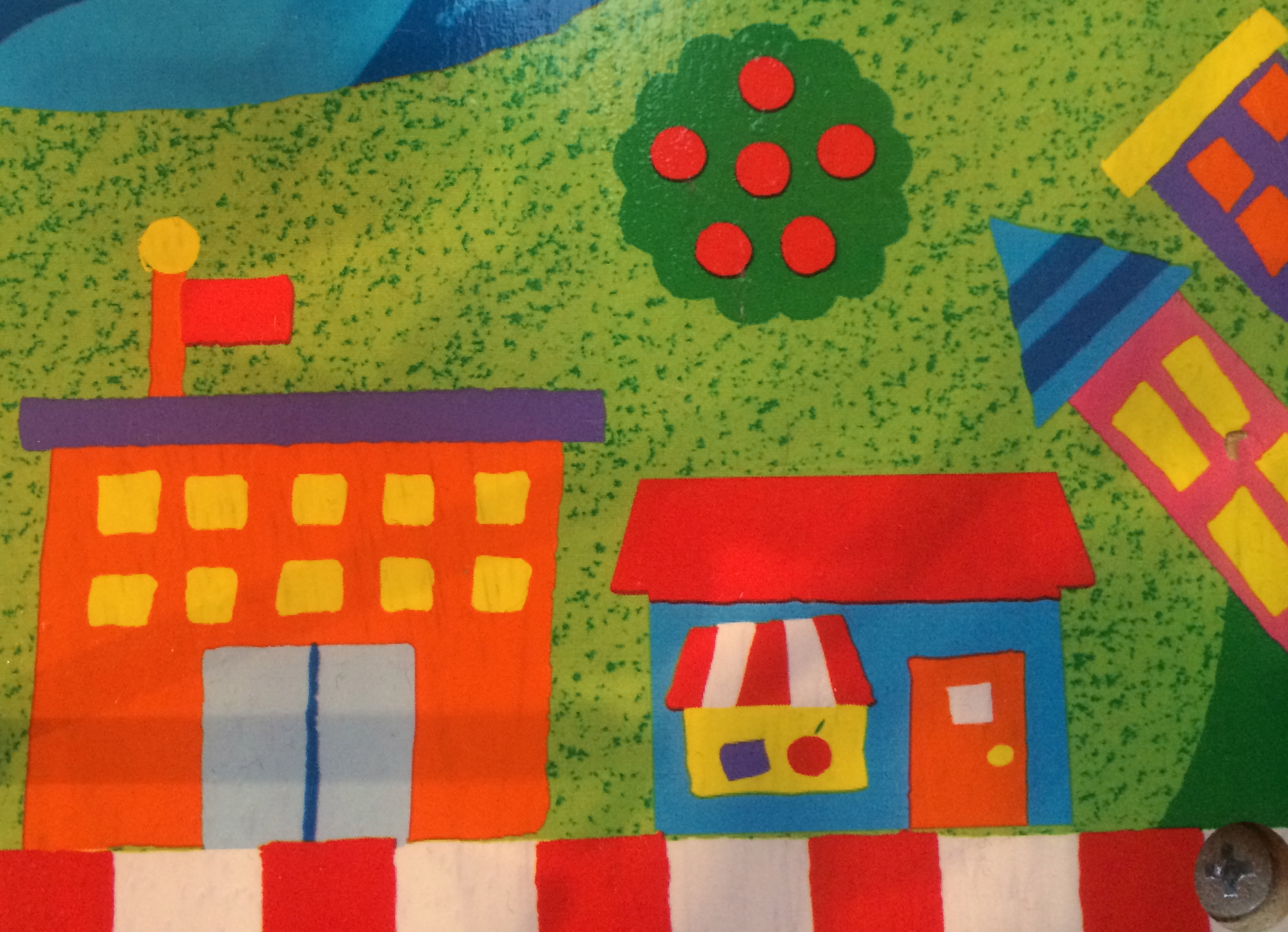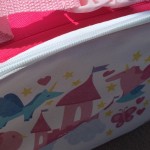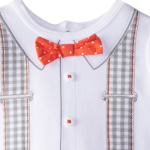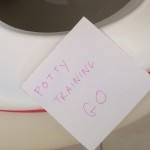Reggio Emilia, Waldorf and Montessori. If filling out a preschool application is on your future to-do list, get ready to come across such terms, which describe various preschool education philosophies. In fact, narrowing down which preschools to apply to can feel a lot like a philosophy of education lesson.
To help sort through all the various approaches, I turned to Aki Raymer, an early childhood and family consultant and the teacher of a class I attended on “solving the preschool puzzle.” My over preparation is your gain. Today’s hint is some incredibly helpful information I learned from Ms. Raymer: how to tell if a preschool philosophy may be right for your 3 to 5 year old.
Montessori: This philosophy focuses on orderly, independent and self-paced learning. According to Ms. Raymer, at Montessori schools, kids learn through real life activities, which are on trays that come out and then get put away when completed. Kids with longer attention spans, including those who like to do activities such as puzzles and organizing, may do well in this environment. Little ones who seem to be good at playing independently and following directions also may thrive at a Montessori school, Ms. Raymer says.
Waldorf: The Waldorf philosophy emphasizes creativity and cooperation, and activities like art and cooking. At Waldorf schools, “imagination is king,” says Ms. Raymer, who adds that the schools tend to be very nature based, using lots of natural materials. According to Ms. Raymer, a Waldorf school may be right for your child if he or she seems to like art, pretend play, and seems creative and imaginative. Note: This philosophy may be right for your family if your home is television-free (according to my class notes, this philosophy strongly discourages exposing children to television watching and computers).
Reggio Emilia: This philosophy (the name of a place, not a person) revolves around group projects tied to topics of student interest. The projects can go as long as momentum in the class lasts and the teachers tend to be partners in learning and to heavily document class activities. Ms. Raymer says this philosophy tends to be good for kids who seem to enjoy exploration, working in groups and hands-on activities, and who seem to be creative.
Play-Based Learning: A play-based school “considers play to be the work of childhood” and emphasizes social-emotional development, Ms. Raymer says, pointing out that some do also have an educational component. Though many different kinds of kids will do well at such a program, Ms. Raymer says play-based schools tend to be good for “the very young, the energetic and those whose attention spans are still in development.” Think little ones who can’t sit still for long periods, who have lots of energy and who like to be social (or need support at being social).
To be sure, the statements in the cheat sheet above are generalizations that may not bear true for all kids, as Ms. Raymer repeatedly pointed out during the class I attended.
When you’re picking a preschool philosophy, it’s also very important to focus on the skills you want to encourage in your child rather than just on who your child is today. “Younger kids’ parents will want to keep in mind that who their child is at 2 may be different at than who their child is at 4,” Ms. Raymer says. And of course, factors beyond education philosophy come into play when you’re picking a preschool. For instance, location and religious affiliation are two factors really important to me.
Still, I thought the preschool philosophy information above, just some of the useful tidbits in Ms. Raymer’s class, was worth sharing.
Still confused and overwhelmed? This PBS Parents comparison of the various preschool philosophies may help, as may this Preschool Philosophy 101 from Scholastic.com. Other helpful resources include Babble.com’s preschool philosophy guide (based on tips from this book) and this preschool philosophy explainer from Baby Center. You also may want to consider attending a preschool fair and a class, like the one I attended, couldn’t hurt. Ms. Raymer’s next class is April 8th at the indoor play space Recess in San Francisco.
What are your tips for navigating the preschool application process? Share them below.
Follow Hint Mama on Facebook and Twitter, and read more about her and her disclosures.







Thanks for sharing this Jen! You did a great job of summarizing the different philosophies and providing more resources. It was great to have you in the class!
Aki
This is helpful. I am doing a homeschool preschool with my twins with some friends, and I don’t know what “philosophy” it falls under, but when I teach, I really like doing a wide variety of activities (songs, games, puzzles, books, drawing, coloring, art, etc) all based on a theme (which is based on a letter). I’ve had a great time teaching this way, and I think a variety of activities ensures that there is lots of great hands-on, moving learning going on. And afterwards we have a snack and about an hour of play time.
I am in the process of deciding homeschool or preschool for my soon to be 4 year old. How did you get started? Did you come up with your own curriculum? Do you have any suggestions on some good resources?
Great summary of the philosophies! Here are my tips on what to look for in a preschool: http://gooseling.com/2014/02/12/finding-right-preschool/